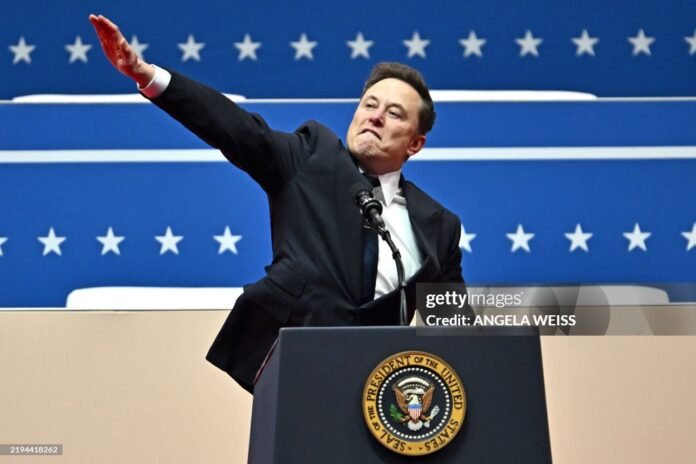
Elon Musk, one of the most prominent figures in the tech world, is no stranger to controversy. From his unpredictable tweets to polarizing opinions, the Tesla and SpaceX CEO often finds himself in the spotlight. However, his recent comments urging Germany to “move beyond” its collective guilt over its Nazi past have struck a particularly sensitive chord, drawing sharp criticism from the head of a leading Holocaust memorial organization.
What Did Musk Say?
The controversy began when Musk took to social media to comment on Germany’s historical reckoning with its Nazi-era crimes. While specifics of his statement remain widely circulated in snippets, Musk essentially implied that Germany should stop allowing its history of Nazi guilt to dictate its current policies and attitudes. His words, though brief, carried enough weight to spark a fierce debate online and beyond.
Holocaust Memorial Chair Responds
The chair of one of the most prominent Holocaust memorial organizations responded with a stern rebuke, labeling Musk’s remarks as both “dangerous” and “ignorant.” They pointed out that Germany’s efforts to confront its Nazi past are not a weakness but a critical part of ensuring history does not repeat itself.
“Moving beyond guilt does not mean forgetting,” the chairperson emphasized. “It means learning from history while honoring the victims. To diminish that process is both irresponsible and disrespectful to the millions who suffered during one of the darkest chapters in human history.”
The Importance of Germany’s Reckoning
Germany’s post-war reckoning with its Nazi history is widely regarded as a model for how nations can confront past atrocities. From public education about the Holocaust to stringent laws against Holocaust denial and Nazi symbolism, Germany has embedded remembrance into its cultural fabric. This ongoing commitment serves not only as a memorial to victims but also as a warning to future generations.
Musk’s remarks risk undermining these efforts, according to critics, by framing historical accountability as a burden rather than a moral obligation.
The Reaction: Social Media Divided
As with most controversies involving Musk, reactions on social media were deeply polarized. Supporters argued that Musk was merely advocating for progress and freeing Germany from being perpetually defined by its past. Critics, however, accused him of trivializing the weight of historical atrocities and misunderstanding the importance of remembrance.
Some pointed out that Musk, as a global figure with significant influence, has a responsibility to approach sensitive topics with more nuance. Others defended his right to question cultural narratives, even those as deeply ingrained as Germany’s post-war guilt.


